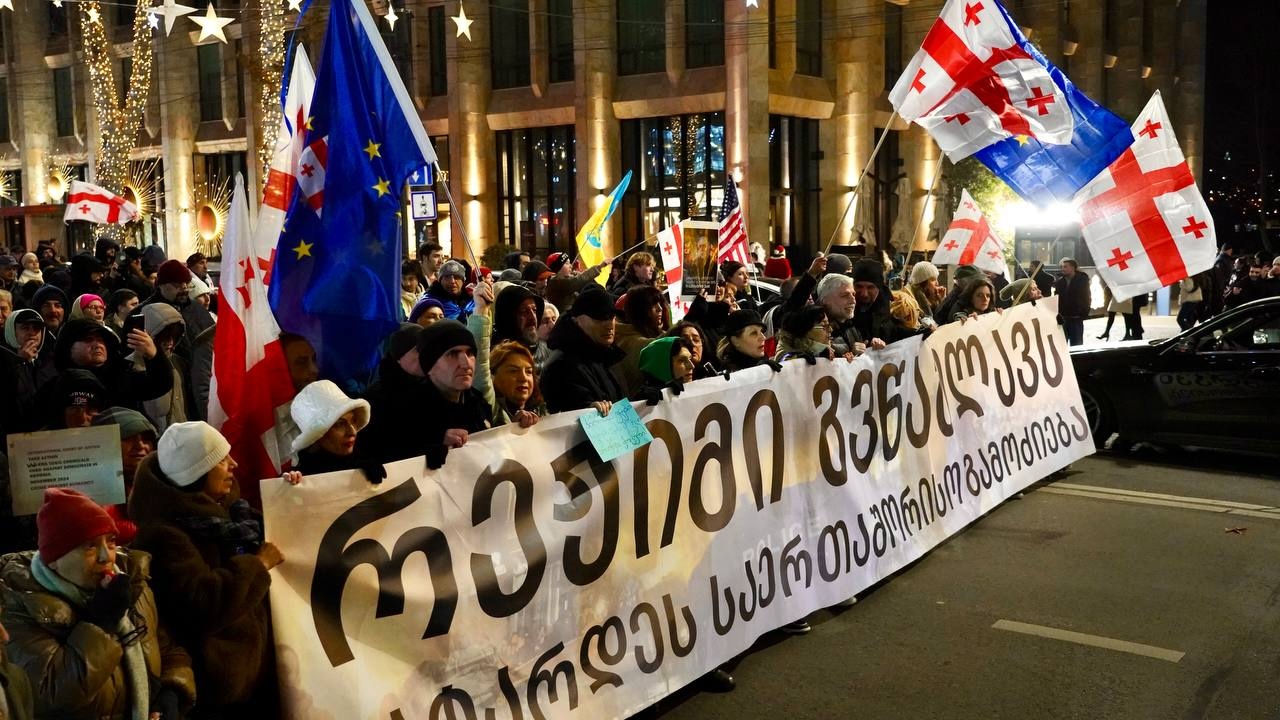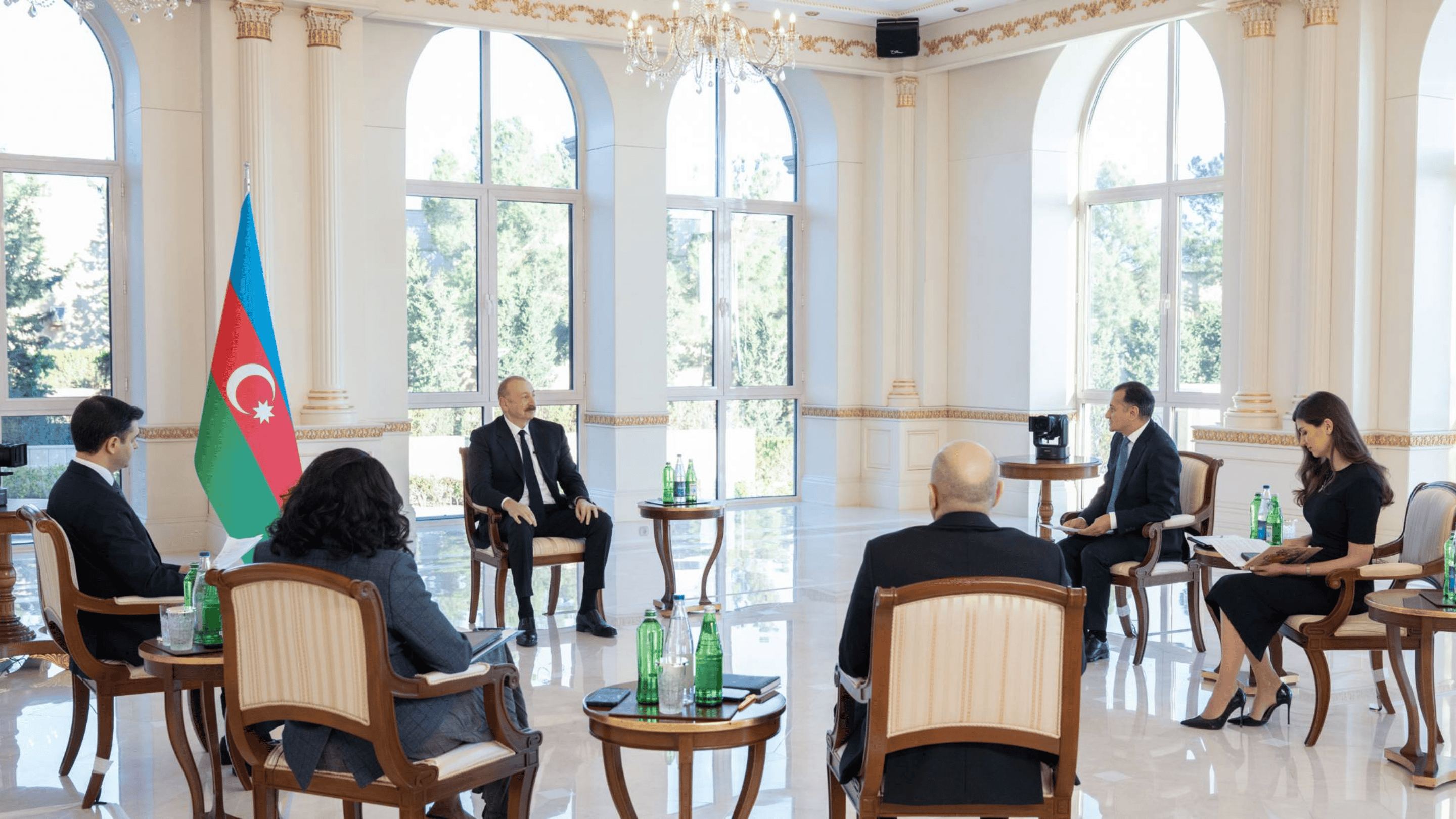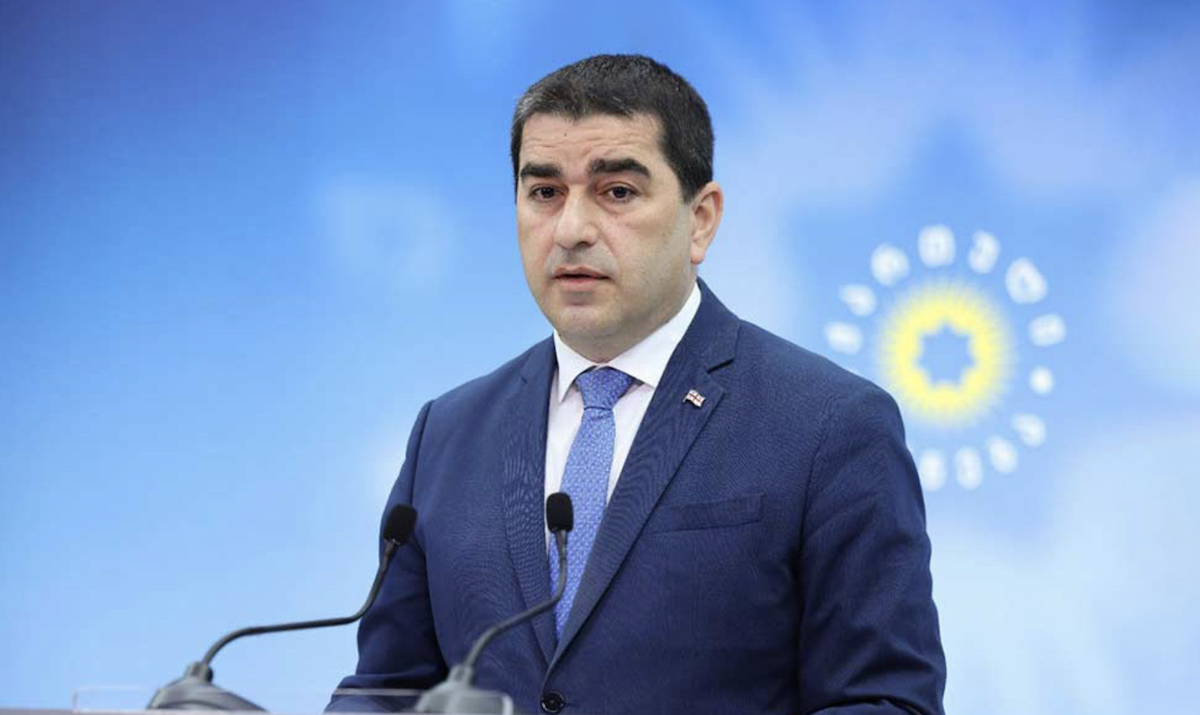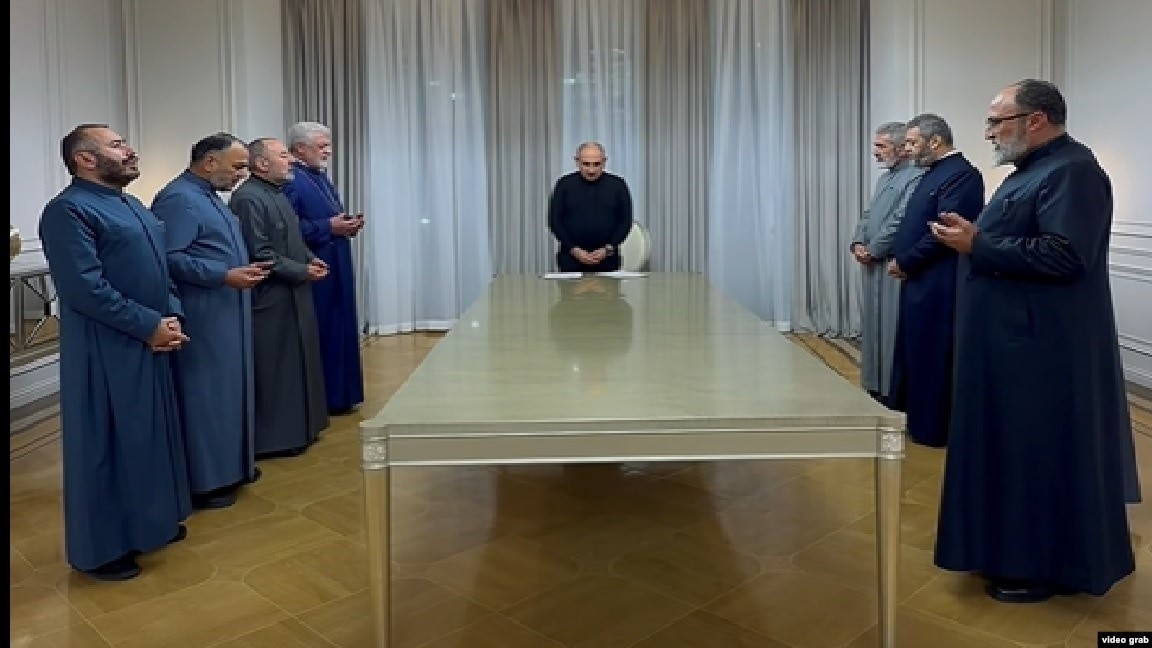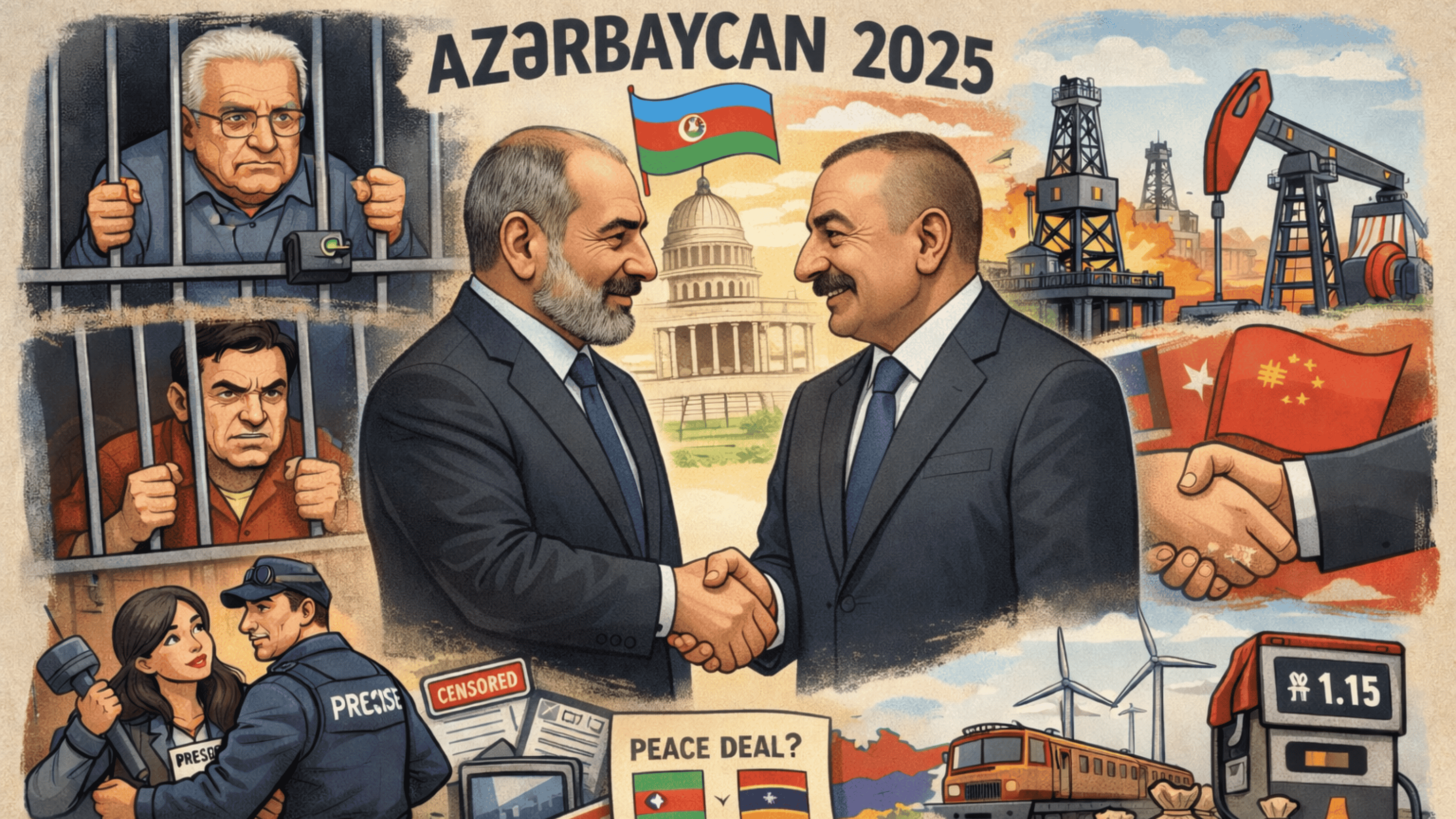Op-ed: why controversial ex interior minister Gakharia was appointed PM
Since its time in power, the Georgian Dream government has probably never appointed a figure as controversial as Giorgi Gakharia to an official position – and the public has never been so stirred as it is now by his appointment as prime minister.
Amidst the public tension, it is difficult to make an objective analysis of why former Interior Minister Gakharia, who is widely disliked, has been appointed head of state.
The immediate downsides to Gakharia’s appointment: he is often called by the Georgian public ‘Russia’s man’, and is blamed by the public for the brutal dispersal of protesters on June 20-21 in front of the parliament in Tbilisi.
The upsides: he is a good ‘manager.’
More below.
‘Russia’s man’
Rumours that Gakharia is ‘too tightly connected to Russia’ or under Russian influence have yet to be substantiated.
For now, the main focus on Gakharia’s biography looks at his time spent in Russia – where he earlier studied – and which many point at as proof enough of his being ‘Russia’s man.’
However, this argument cannot be taken very seriously: studying and working in Moscow do not compromise Gakharia’s political integrity.
Were this line of thinking to be taken seriously, than most of today’s opposition leaders could also be considered ‘Russia’s men’ or ‘Russia’s women.’
In short, this accusation is nothing more than a part of the political struggle and propaganda.
Gakharia and the June 20 protest dispersal
There’s nothing that can be done about this accusation.
Although various sources have said that Gakharia simply assumed responsibility for the dispersal of the rally when in reality others are responsible, the truth in this issue – when it comes to the issue of dealing with Gakharia’s image – does not matter too much, as public perception of the matter is unlikely to change. [Ed. Some opposition and civic activists say that the order to disperse the rally came directly from Bidzina Ivanishvili.]
The main point is that at the time of the rally, the Minister of Internal Affairs, and thus the head of police, was Gakharia, which is why much of the public sees him as the main culprit in the June 20 events – especially if he was acting on someone else’s wishes and then taking responsibility upon himself.
Gakharia – an ace manager
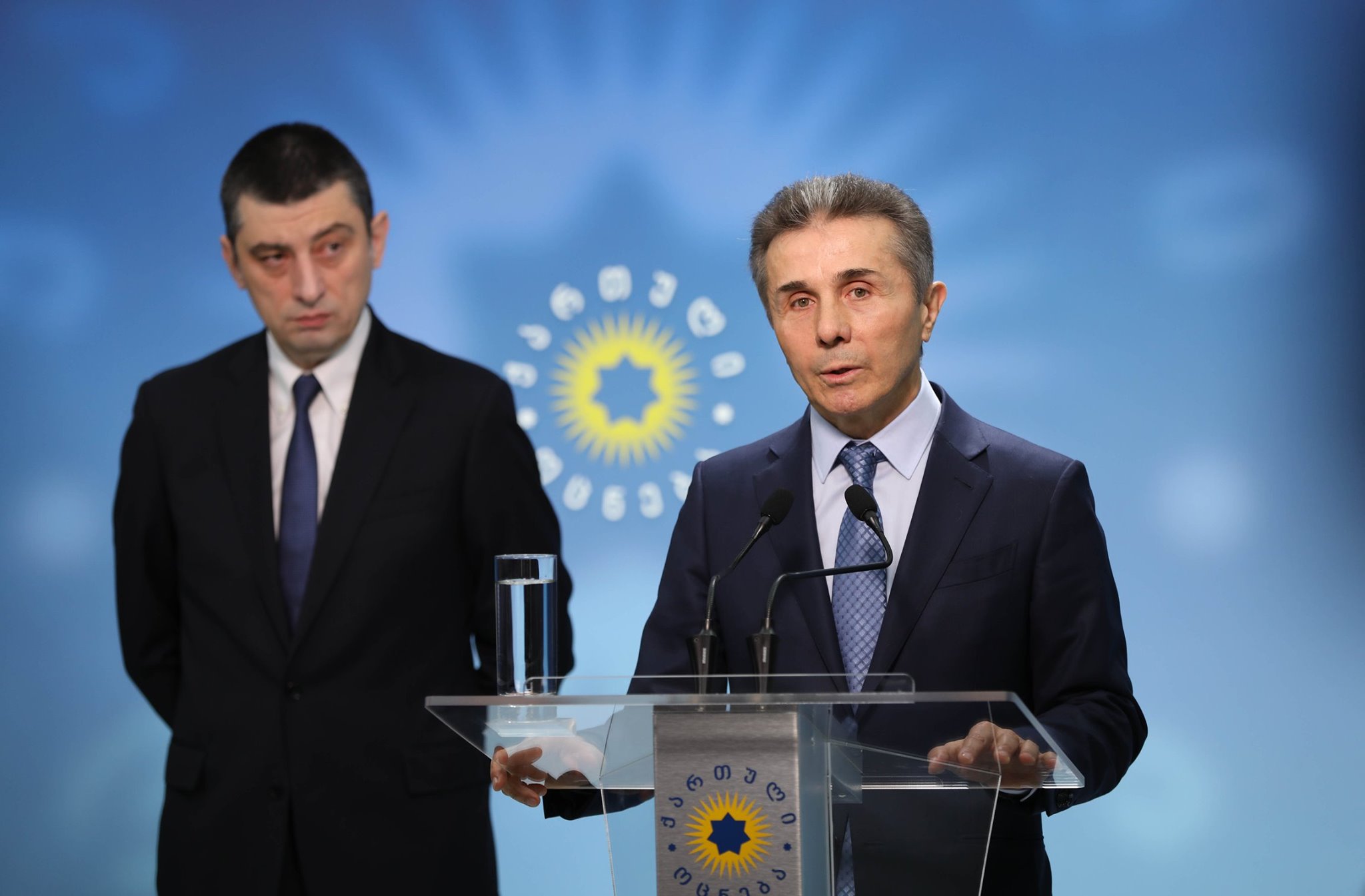
The fact of the matter is that in comparison to the (largely) incompetent other members of the Georgian Dream, Gakharia makes a good impression.
At least on the surface – as interior minister, he had some serious failures. For example, the June 20 events, or the expulsion of a special police force from Pankisi.
In short, we can conclude that he is neither a monster, but at the same time not a strong manager.
So then – why Gakharia?
The answer is simple.
Gakharia’s appointment can largely be explained by the fact that Bidzina Ivanishvili has no one better than him.
Ivanishvili clearly wants his party to stay in power for a third term, which no one in Georgia has done so far.
Former presidents Eduard Shevardnadze and Mikheil Saakashvili did not succeed.
That is why a year before the crucial 2020 parliamentary elections, Ivanishvili has appointed a prime minister who is far more rigid, aggressive and confident than his predecessors.
Confidence mainly means aggression towards the opposition, which the two previous prime ministers, Kvirikashvili and Bakhtadze, did not exhibit.
Gakharia knows well what is expected from him.
Last week, during a meeting with lawmakers in the National Assembly, he promised “to finish them” soon.
His success in ‘electoral management’ was also significant in his appointment as prime minister.
During the last two elections, Gakharia outdid himself.
During the presidential elections and then local elections in Zugdidi, he personally oversaw the electoral process in a very difficult region for the authorities – Samegrelo, where the United National Movement has many supporters.
Traditionally, the fate of elections in Georgia is largely influenced by the interior minister rather than the prime minister, but Ivanishvili is probably thinking that Gakharia has already set up a well-run election ‘management system’ at the interior ministry.
Meanwhile, Ivanishvili has appointed his personal head of protection, Vakhtang Gomelauri, as head of the State Security Service, and the position of defence minister has been given to prime minister Irakli Gharibashvili instead of former defence minister Levon Izoria, who will head up the National Security Council.
This is the configuration with which the Georgian Dream is going into the election year.
Ivanishvili’s only demand from this government is to win the elections.
Economy – the weakest link
Gakharia will not only have to contend with the United National Movement – he will also have to take responsibility for economic problems.
The economy, however, is the biggest failure of the Georgian Dream, which the opposition is probably insufficiently appealing to, as it spends a lot of time on speculative topics such as the “pro-Russian” nature of Ivanishvili and his government.
The depreciation of the GEL, the slow pace of economic growth, the failure of a number of major projects – it would have been hard to imagine all this happening in one year, if it was not currently happening.
Ivanishvili knows this too, and he probably did not expect it.
The most important thing for Gakharia and his government is to win the elections.
Ivanishvili intends to act per a classic model in 2020: he will create an image of the enemy from the UNM and a fight against it.
This scenario worked well in 2016 and 2018.
The situation was not economically better then, but the Georgian Dream won partly at the expense of fraud and administrative resources, and partly because of the negative attitudes amongst the public against the United National Movement.
Thus, for Ivanishvili, who is involved in a decisive battle, Gakharia’s electoral skills are too important to even consider the public’s demand that Gakharia resign.
By: Tornike Sharashenidze, Professor at the Georgian Institute of Public Affairs (GIPA)










